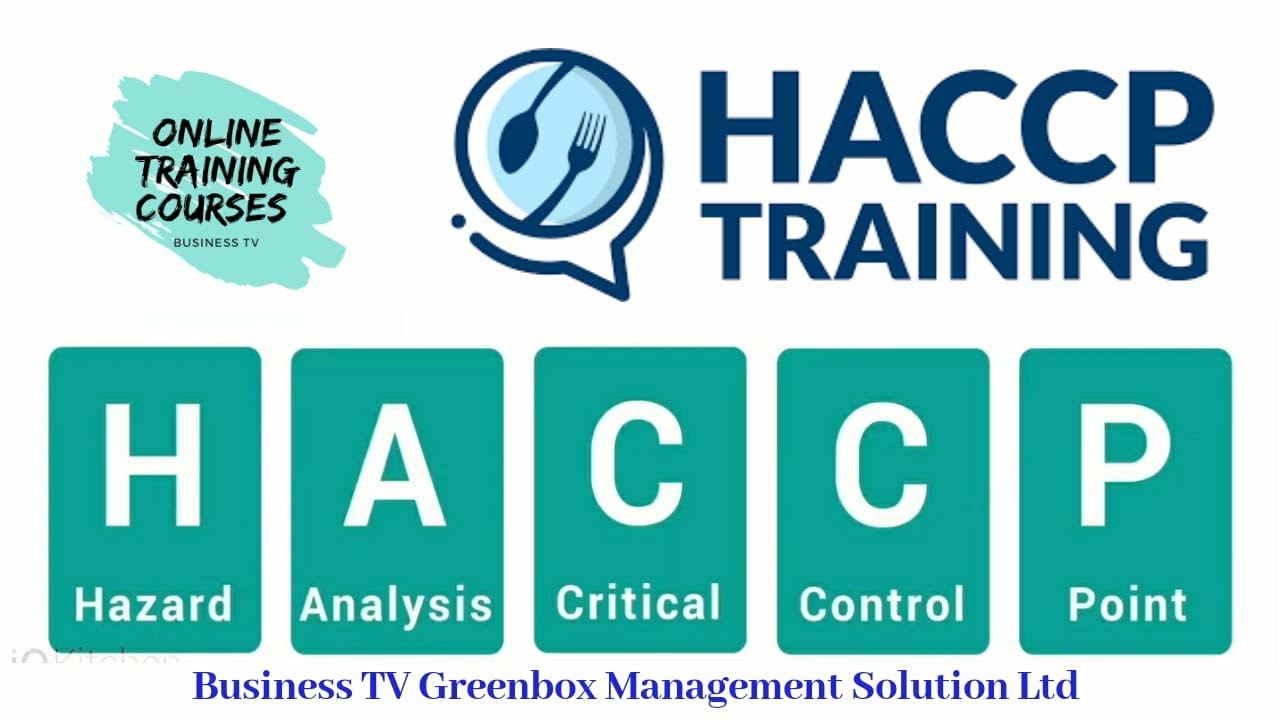


 349,500 Offered Certificates
349,500 Offered Certificates
 24/7 Online Training
24/7 Online Training
 Money Back Guarantee
Money Back Guarantee
 Fully Accredited Courses
Fully Accredited Courses

Created at: 26-02-2025 11:07
Food safety is a paramount concern for consumers and businesses alike. In Ireland, and specifically in cities like Dublin, Cork, Galway, Limerick, Waterford, and Belfast, the importance of adhering to food safety regulations has never been greater. One of the key frameworks ensuring food safety is the Hazard Analysis Critical Control Point (HACCP) system. Understanding why HACCP training is a legal requirement for food businesses is crucial for anyone involved in the food industry.
The HACCP system is an internationally recognized approach to food safety that focuses on preventing hazards that could compromise food safety. It involves the identification of potential hazards in the food production process and implementing control measures at critical points. This proactive approach not only complies with legal requirements but also plays a significant role in protecting public health.
In accordance with Irish and EU food safety regulations, all food businesses are legally required to implement a food safety management system based on HACCP principles. This means that
Obtaining HACCP certification not only fulfills legal obligations but also offers several tangible benefits to food businesses:
The path to HACCP certification involves several key steps:
When it comes to HACCP training, businesses can choose between online and in-person courses. Each method has its advantages:
Even with HACCP training, businesses may inadvertently fall into common traps:
In summary, HACCP training is not merely a legal requirement but a cornerstone of food safety that safeguards public health and enhances business integrity. Don’t wait until it’s too late; invest in [HACCP courses](https://ireland-safetytraining.com/haccp-for-catering-and-retail-level) designed for food handlers, restaurant managers, and all food businesses across Ireland.
For any inquiries about HACCP certification and training programs, feel free to reach out at [email protected].